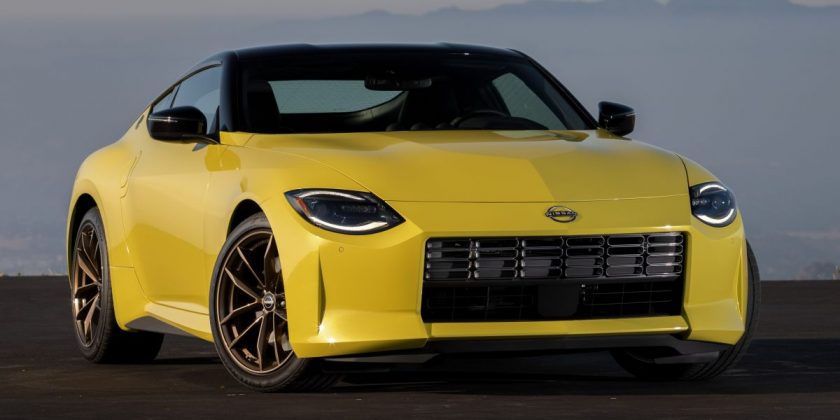The 2023 Nissan Z arrived as the seventh-generation model in a line where it succeeded the long-running 370Z, bringing a modernised take on styling that harks back to its ancestors in several areas.
While the latest model represents a new generation for the Z-badged two-door nameplate, a significant amount of research and development – as well as parts – were carried over from the 370Z, along with an engine shared across the wider group of brands notably among the Red Sport versions of the Infiniti Q50 and Q60; namely the 3.0 litre twin-turbo V6 that produces 405 PS and 475 Nm.
A handwritten note by Nissan Z chief product specialist Hiroshi Tamura sighted by Car Expert offered reasons for the 370Z no longer selling as well as the carmaker had hoped, as well as setting out targets for what its successor, the latest Nissan Z, should achieve.
The 370Z’s lack of sales success was attributed to its exterior design, performance, and the lack of updates, according to Tamura’s handwritten note, Car Expert reported. Hence, the targets set for the new Z was to have an all-new exterior, a partial interior update and an engine output of around 400 hp, which was considered only doable with a twin-turbo engine, according to the note.
Updating the 370Z to become what is now the Z was not high on Nissan’s list of priorities, given the company’s struggles which led to cost cuts and restructuring. For those reasons, the only way the Z project could be approved was for it to make use of an existing platform and parts, Car Expert wrote.
“To be honest, for around 80% of the body, we changed the parts. However, the carryover of parts is very important for us, and carryover means [customers] will be able to enjoy some affordability,” Tamura told the publication, adding that the Z may never have been approved by Nissan if he had approached the decision-makers to develop the car on a brand-new architecture and high R&D and production costs.
Therefore, Tamura believes that Nissan’s approval for the Z to go on sale was due to the new car’s relative affordability for both the carmaker and for the customers by being able to produce a car that could meet performance expectations with the existing twin-turbo engine already developed for Infiniti, and on a platform already used to build the 370Z.
GALLERY: 2023 Nissan Z
Source: Read Full Article


